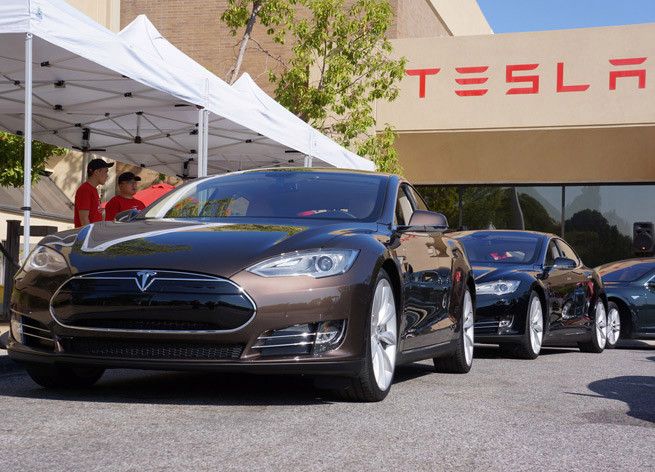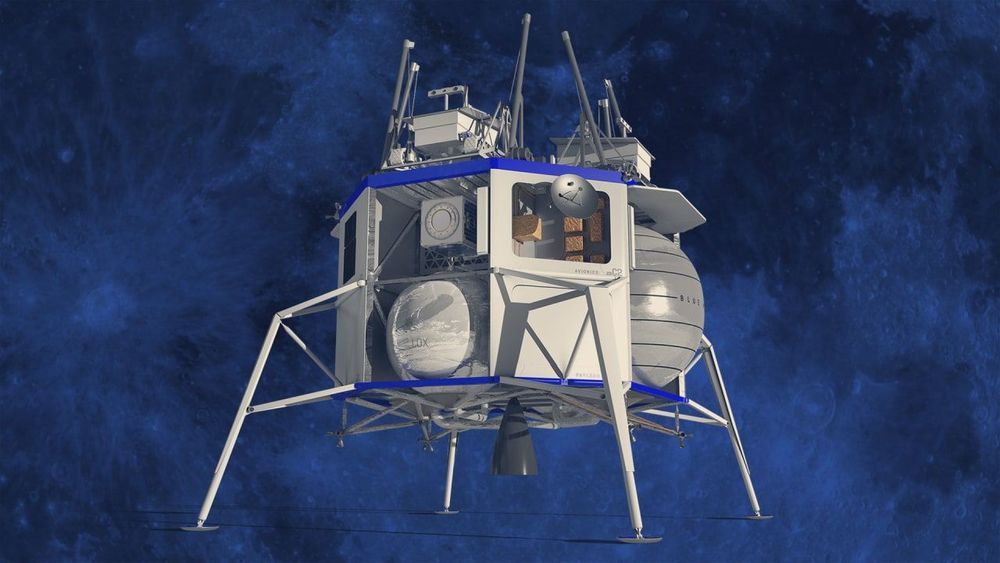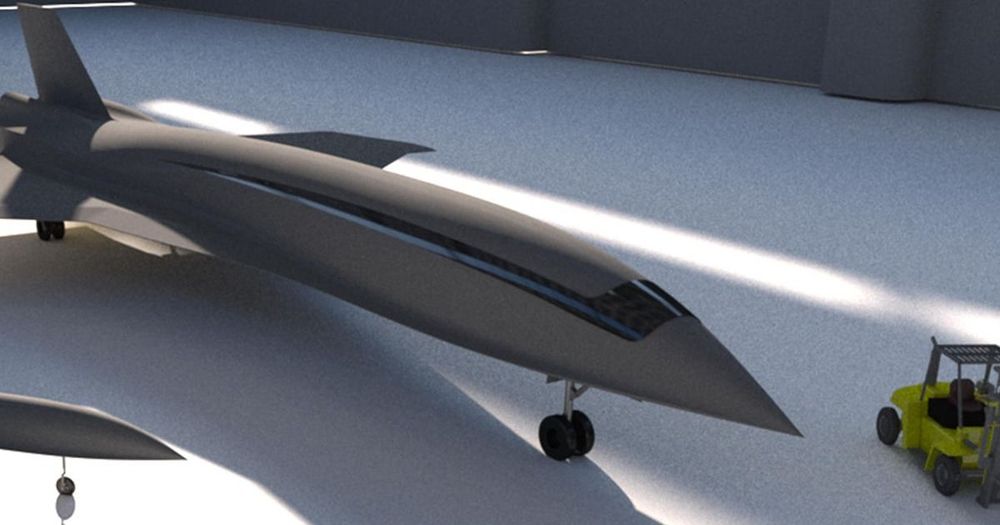As Northrop Grumman’s NG-11 Cygnus spacecraft flew high above in low Earth orbit, NASA astronauts at the Johnson Space Center recently completed testing and evaluation of the company’s Earth-based full-scale cislunar habitat mockup.
Designed to test the ergonomics, feature layout and functional compatibility with basic “day-in-the-life” astronaut tasks for potential long-term use as a part of the future Lunar Gateway in cislunar space, the habitat mockup necessarily incorporated all core elements that would eventually be needed by a four-person Orion crew: sleep stations, a galley, crew exercise equipment and of course accommodations for science, a robotics workstations and life support systems.






 01:20.
01:20.